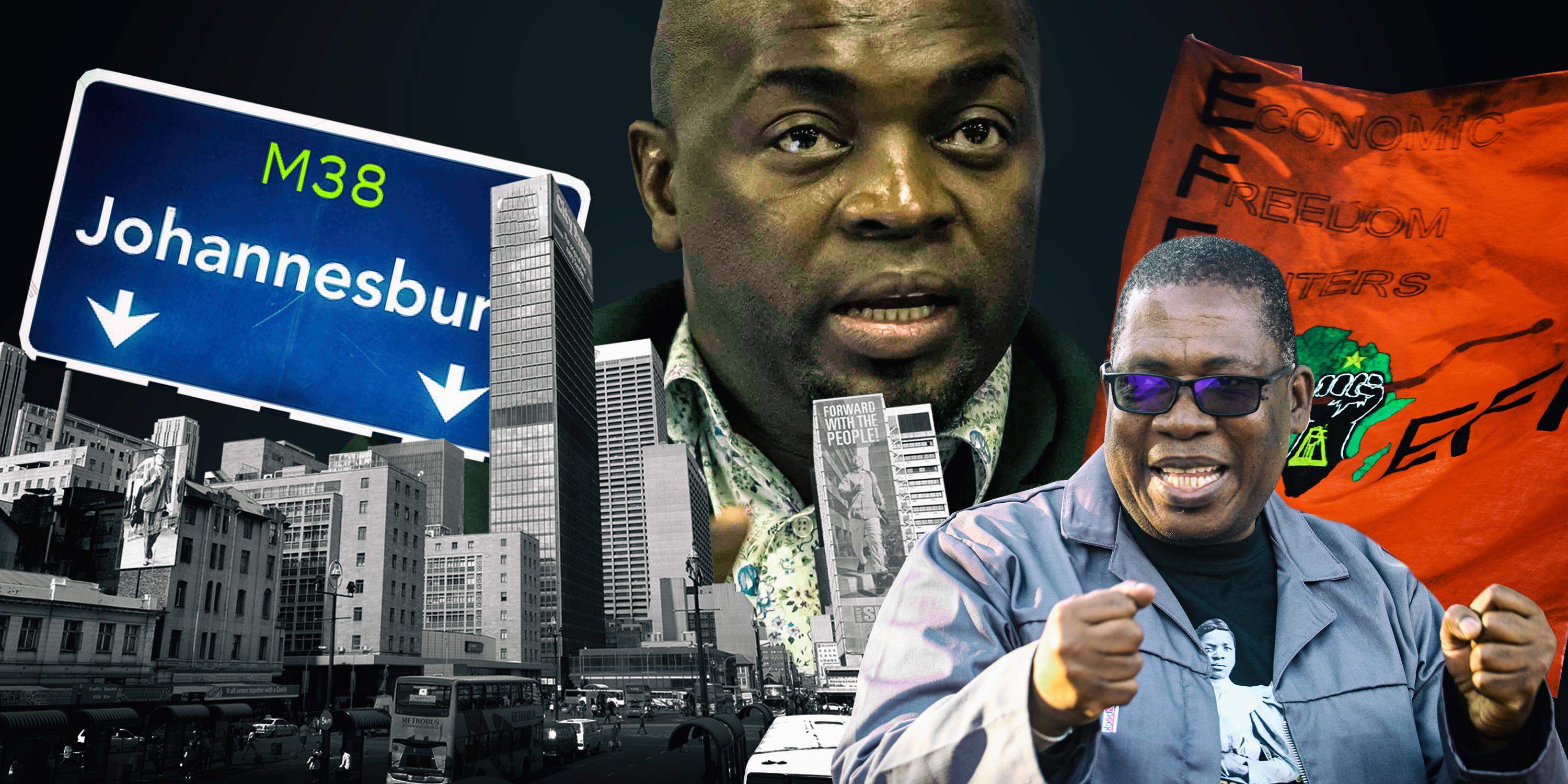There can be no doubt of the complexity of our current political situation and how difficult decision-making could become.
Education is but one example. There is currently a minister from the DA, a deputy minister from the ANC, eight MECs from the ANC and one from the DA.
In KwaZulu-Natal, the Education MEC there, the ANC’s Sipho Hlomuka, is in a provincial cabinet led by the IFP, while also working with a national minister from the DA.
This will make decision-making in a crucial sector requiring long-term planning much more difficult than it was in the past.
Another example is the situation in Gauteng, where the ANC’s Panyaza Lesufi has appointed a minority administration.
This means that to pass a budget, he will require support from either the DA or the EFF.
Lesufi has demonstrated he is prepared to work with the EFF after creating agreements with it in two metros in the province.
The fact the national ANC has allowed this, despite its coalition agreement with the DA and other parties in the national government, reveals some of the ANC’s internal dynamics.
While President Cyril Ramaphosa and others have signed an agreement with the DA, the fact that Lesufi has been able to push this arrangement reveals there are limits to the power of Ramaphosa and his allies and indicates how fragile support in the ANC is for the coalition in national government.
On the other side of the coin, if Lesufi would prefer to work formally with the EFF in the provincial government, surely Ramaphosa and the national ANC are strong enough to stop him from doing that?
Additionally, Lesufi has to manage his party members in Gauteng.
This week, the ANC mayor in Ekurhuleni, Nkosindiphile Xhakaza, appointed his party’s chief whip, Jongizizwe Dlabathi, as the MMC for finance. He replaced the EFF’s Nkululeko Dunga, the party’s Gauteng leader.
To add spice to a difficult situation, Dlabathi has written a stinging letter in which he argued that the ANC should not work with the EFF. In the document, he also said that the EFF was competing in the same constituency as the ANC and the arrangement between the two parties was costing the ANC votes.
Last year, during a disputed vote in the Ekurhuleni council chamber, ANC and EFF councillors ended up in a pushing and shoving match.
An unstable situation
All of this suggests that while Lesufi wants to work with the EFF, he is caught between the national ANC which is working with the DA, on the one side, and some people in local government who oppose working with the EFF, on the other.
This surely creates an unstable situation.
However, it may turn out that what we are seeing is part of a longer process, and that if the national coalition does endure for several months, ANC leaders in Gauteng will find it easier to work with the DA rather than continuing to fight it.
To sum up: the ANC is in a formal coalition agreement with the DA and others (deliberately excluding the EFF and MK) in national government; it’s in office with support from smaller parties in a minority administration in Gauteng; and in a long-term working relationship with the EFF in Joburg and Ekurhuleni.
It is difficult to imagine how this will result in better service delivery for Gauteng residents.
Because it is still the biggest party in the province, the ANC could be blamed for service delivery failures in Gauteng — with its leaders realising that.
It is important to note how quickly time is moving and how loudly the clock is ticking — local elections are due to be held within the next 18 months.
Considering that parties move into campaign mode as early as a calendar year before the elections, the parties in the coalitions will have to decide in the next six months whether they will campaign against each other.
This is almost a binary choice. Either they agree in this period to work together more closely (and possibly to form a single South Africa Party), or they don’t.
It is hard to imagine the current national coalition government surviving a local election where all concerned campaigned against each other.
This means that Hlomuka, in KZN, could find out in six months that instead of answering to a premier from the IFP and a national minister from the DA, everyone is moving in the same direction.
Or, he could find that instead, coalitions are collapsing and chaos is taking hold.
Either way, it is unlikely that this current situation will remain for long. DM





